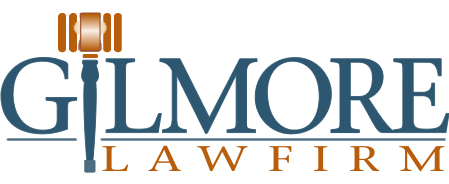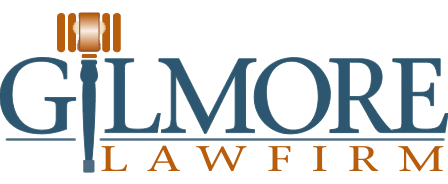Fraud on the Court – Should the Defendant’s Insurance Coverage Be Admissible in Court?
I have written before about the health insurance (or Medicare or Medicaid) that our clients, the plaintiffs (the person(s) filing the lawsuit or bringing a claim), have. As I said, the law in Alabama is that if your health insurance company pays medical bills from an injury, you must repay your insurance company if you recover against the person who hurt you.
The one thing I did not talk about, however, is the fact that when you go to trial in a personal injury claim, the fact that your insurance company paid some or all of your bills is admissible in court. Years ago, this kind of evidence was not admissible in court. As a a result of various “tort reform” (or as I call them, tort deform) laws, this evidence is now admissible. The purpose of the change in the law was to try to reduce the damages that a plaintiff could recover in a personal injury lawsuit.
Maybe an example works best. Let’s assume you are injured in a trucking accident. Let’s also assume your medical bills are $100,000. Usually, your health insurance company (if you have it), pays less than that amount, let’s say $50,000.
If your case goes to trial, the defendant can introduce the fact that you had insurance, and that insurance paid your bills. The Defendant will then argue (1) that you aren’t really “damaged” because your insurance company picked up the tab, and (2) even if you are damaged (because, as I wrote you have to pay the $50,000 back), it’s only $50,000 worth of damages.
This argument ignores the fact that you have been paying premiums for umpteen years to get the reduced rate of $50,000, but even more importantly, it seems hypocritical, at best, in the face of the court rule that the fact that the defendant has insurance coverage for your loss is NOT admissible in court.
That’s right, the defendant can introduce the fact that you had insurance, and that it paid for your losses, and argue that you are therefore not hurt, but no one will ever know that that same defendant has insurance coverage, or the amount of that coverage.
Granted, jurors are saavy folks (despite what you read in some news outlets). Most of them believe it is likely that the defendant has insurance. For example, almost anyone who has any connection to the timber, paper, lumber or logging business knows that in order for a log truck to deliver to most mills in southwest Alabama, that mill requires a minimum of $1,000,000 in liability insurance (many operations have more). But, jurors are not always sure that a defendant has insurance. It is usually a doubt in the back of their minds that, like all doubts, eats away at the ability to award fair compensation to a plaintiff and against a defendant.
That’s why many states have held that the fact that the defendant’s insurance coverage is alwaysadmissible. As one court has explained:
The courts in other jurisdictions are divided as to the admissibility of evidence establishing the fact that a defendant in a tort action carries liability insurance. A few courts, among them Nebraska (Jessup v. Davis, 115 Neb. 1, 211 N.W. 190, 56 A.L.R. 1403), take the view that such evidence is always admissible. The reasoning of these courts may be summarized as follows: The standard provisions of a liability insurance contract require the insured to notify the insurance carrier of the accident. Thereafter the carrier assumes full responsibility for the defense; sends its investigators to view the scene of the accident and to interview the witnesses; and employs attorneys who determine whether to settle the case or defend a law suit. The insured is required to render the insurance company only such assistance as it may demand. Actually, the real defendant is the insurance carrier and this fact should be known to the court and jury, otherwise the court becomes a party to ‘benevolent judicial concealment.‘ If this class of evidence is not admitted, then the presence and interest of the actual defendant is never made known. The exclusion of such evidence is incompatible with an open court and judgments openly and publicly arrived at. ‘To compel and permit such proceeding is to countenance and participate in what is tantamount to a fraud. ‘
Right on. Anyone who has been through the civil litigation process for an injury knows that the defendant’s insurance company calls the shots. They hire the defendant’s lawyer, they conduct the investigation, they pay the expenses of defending the case, and they alone (not the insured) decide whether to settle the case. In fact, I have seen many cases where a defendant begged his insurance company to settle and pay the person who was injured, only to have his or her request refused by the insurance company.
As the court said above, refusing to admit evidence that the defendant is insured is tantamount to fraud. In Alabama, it is particularly hypocritical given that a defendant can into introduce evidence of your insurance coverage, but you or your lawyer cannot open your mouth about theirs.


